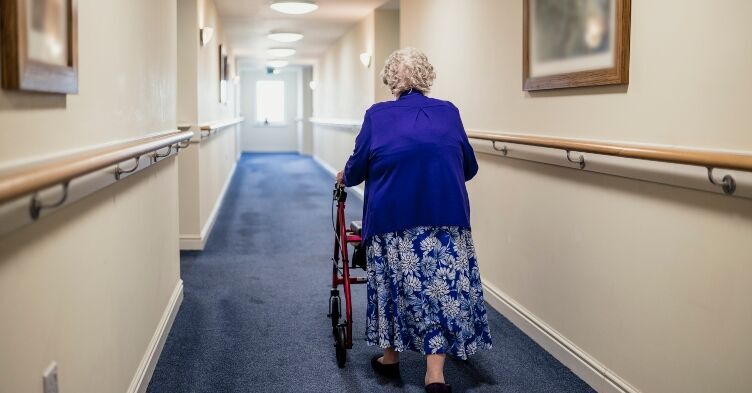A community children’s nurse has been left ‘shaken’ after suffering ‘unprovoked’ verbal abuse from two men on the Isle of Man, police have said.
The nurse was wearing her uniform as she left Kinrade’s Pharmacy in Douglas when two men verbally attacked her for nurses ‘taking all the lateral flow tests’, before one man tried to take her bags out of her hands.
The bags contained medication and lateral flow tests for a patient and their family at Nobles Hospital, the Isle of Man constabulary said.
Investigating officer DC Alison Parker stated: ‘This was an unprovoked attack on a health care professional, who was helping a patient and their family. The experience has left her shaken and disgusted that there are individuals that would do this.’
The incident took place at around 10.45am on 22 July.
Both men are described as white, in their early 20s, one with short thin hair and one with short brown hair, one in a black vest top and the other in a blue T-shirt, and both were wearing shorts.
Police are appealing for witnesses. They said: ‘If anyone was in the area at the time and saw this incident take place, please can they call CID on 631301.’
In October last year, a Nursing in Practice survey found more than a quarter of nurses have witnessed racist behaviour at work, with black, Asian and minority ethnic workers reporting a worsening situation because of Covid-19.
To register on the Nursing in Practice site and sign up to newsletters with the latest news, views and clinical content please click here.







